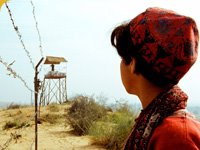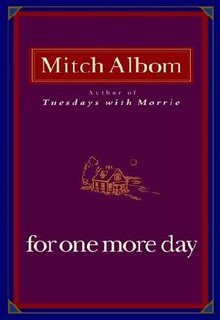

Tsotsie, the movie, reinforces faith in man's goodness. The worst of us and the worst within us can always be negated and wiped out by the good that's inherent within all of us, if only we'd let it surface. Tsotsie, the protagonist in the movie, is a confirmed 'thug' of Johannesburg who whips out knives and guns at the batting of an eye. However, toward the middle of the movie he is a transformed being; thanks to a surprise guest who lets flow 'the milk of human kindness' in Tsotsie and establishes a lifelong relationship between them, with no strings attached. Joseph Conrad's Kurt bared every man's Heart of Darkness and made humanity shudder. Athol Fugard's Tsotsie rekindles every man's faith in his innate goodness and makes humanity proud and worthy.
The film won the Oscar for Best Foreign Language Film in 2006 with brilliant acting by the South African actor Presley Chweneyagae as Tsotsi. It is based on Athol Fugard's novel of the same title that was written a few decades ago. What is interesting is that both the writer Athol Fugard, who created the character Tsotsi, and the director Gavin Hood, who read and presented Tsotsi, are white Afrikaans. With no racially divisive agenda in mind, and with an admittedly limited knowledge of the current racial dynamics in South Africa, I find myself speculating on how and if Tsotsie, the movie, would have been different if it were a black African's creation and presentation.
Coincidentally, I also happened to have watched another foreign film "The Little Terrorist" (watch it here) made by an Indian film maker, Ashvin Kumar. A ten minute film based on a true incident that happened on the India-Pakistan border, The Little Terrorist was nominated for the Oscar in the Best Short Film, Live Action category in 2005. Though different from Tsotsie in many ways, The Little Terrorist has a similar theme that reaffirms and reinforces the good in man; and holds the promise of a fledgling hope for humanity.
Both films are definitely worth viewing.


